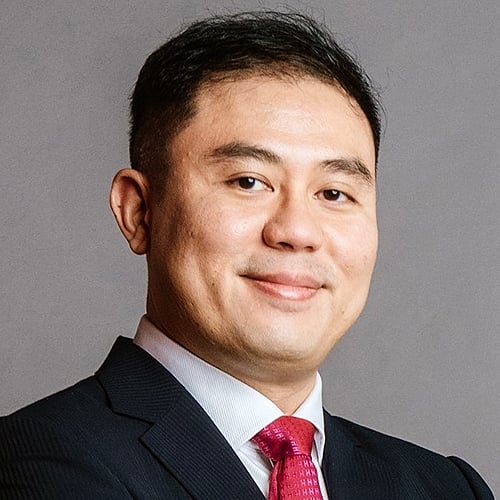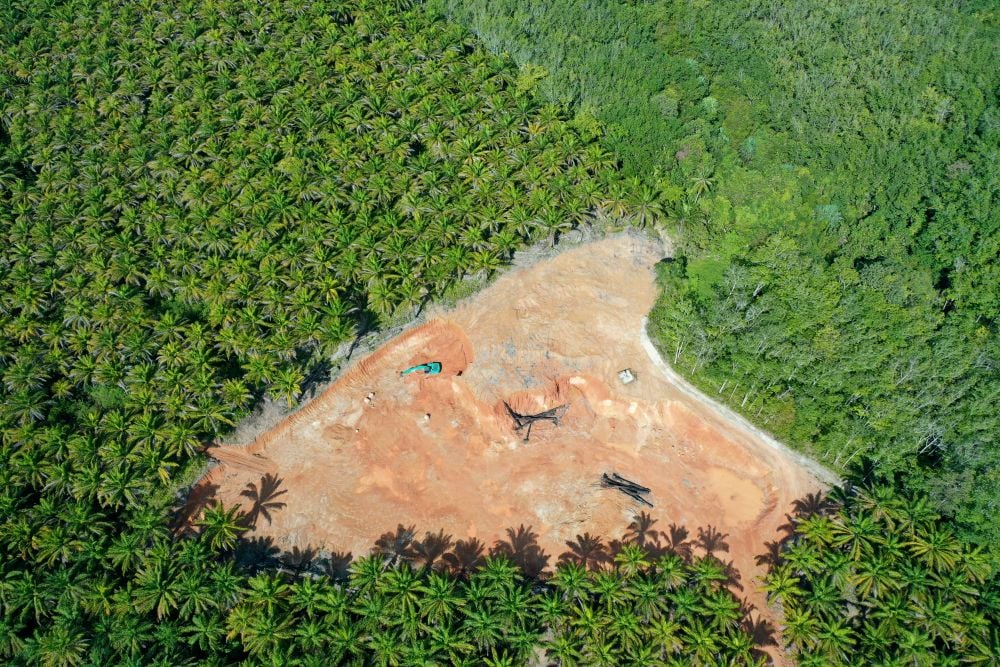Hong Kong and Singapore regulators have announced tough penalties against bankers implicated in the long-running scandal over the misappropriation of billions of dollars from Malaysian state-owned investment fund 1MDB.
The actions taken by the Securities and Futures Commission (SFC) of Hong Kong and the Monetary Authority of Singapore (MAS) came after Goldman Sachs agreed to pay US$2.9 billion to resolve the cases involving 1Malaysia Development Berhad (1MDB). In all, the investment banking giant will pay about US$5 billion, or more than half of its net earnings for 2019, to regulators around the world to settle the cases that have sullied its reputation.
While Goldman's Malaysian unit pleaded guilty in a US court for breaking corruption laws, the parent company pleaded not guilty and agreed to a deferred prosecution. As part of the agreement, Goldman's Singapore unit will pay US$122 million to the Singapore government for its role in the 1MDB bond offerings. In lieu of prosecution for three counts of corruption offenses, the bank has been served a 36-month conditional warning.
In Hong Kong, the SFC reprimanded and fined Goldman Sachs Asia HK$2.71 billion (US$350 million), the biggest single penalty it has imposed in its history, for “serious lapses and deficiencies in its management supervisory, risk, compliance and anti-money laundering controls that contributed to the misappropriation of US$2.6 billion from US$6.5 billion that (1MDB) raised in three bond offerings in 2012 and 2013”.
The regulator notes that the securities industry is of fundamental importance to Hong Kong’s role as an international financial centre. As such, “it is essential to maintain among members of the investing public a well-founded confidence in the securities industry as well as in the integrity and professional competence of those who are employed in the industry”.
The 1MDB bond offerings were arranged and underwritten by Goldman Sachs International, but the actual work was conducted by dealmakers in multiple jurisdictions, and revenue generated from the transactions was shared among Goldman Sachs entities in different jurisdictions, the SFC said.
In particular, Goldman Sachs Asia, the compliance and control hub of Goldman Sachs in the region and based in Hong Kong, had significant involvement in the origination, approval, execution and sales process of the three 1MDB bond offerings. It received 37% of the total revenue of US$567 million generated from the bond offerings, or US$210 million, the largest share among the various Goldman Sachs entities.
The Monetary Authority of Singapore (MAS), meanwhile, imposed a lifetime ban on former BSI Bank executive Kevin Michael Swampillai for serious misconduct in connection with the 1MDB scandal.
“On account of the severity of his misconduct, MAS has prohibited him permanently from performing any regulated activity under the Securities and Futures Act (SFA) and providing any financial advisory service under the Financial Advisers Act (FAA). He is also permanently prohibited from taking part in the management, acting as a director, or becoming a substantial shareholder of any capital market and financial advisory services firm under the SFA and FAA,” the MAS says in a statement.
Goldman says it will withhold or get back some US$174 million in compensation awarded to its executives. Its board of directors also admits that the scandal is “an institutional failure, inconsistent with the high expectations it has for the firm”.
SFC chief executive officer Ashley Alder stresses that the enforcement action the regulator has taken is the result of a rigorous, independent investigation. “The penalty in this case – assessed solely in accordance with Hong Kong’s own fining framework – reflects our findings that Goldman Sachs Asia failed to deal properly with numerous suspicious circumstances surrounding the 1MDB bond offerings. These failures led to multiple, serious breaches of the rules which set out the high standards of behaviour expected of all firms supervised by the SFC,” Alder adds.
Stark reminder
Thomas Atkinson, SFC's executive director of enforcement, notes: “The 1MDB fraud is a stark reminder to financial intermediaries involved in multi-jurisdiction transactions of the importance of having robust internal controls in place and taking all reasonable steps to protect the integrity of their operations and their clients from frauds and other dishonest acts. Goldman Sachs Asia fell far short of the standards expected of a licensed intermediary in the 1MDB case and suffered not only reputational damage from its own failures, but also brought the securities industry into disrepute.”
The 1MDB bond deals were obtained for Goldman Sachs by Tim Leissner, at the time a managing director of the bank’s investment banking division. In August 2018, Leissner pleaded guilty to criminal charges brought by the US Department of Justice against him for conspiring to commit money laundering and to violate the Foreign Corrupt Practices Act. Leissner admitted that he had conspired with a Malaysian financier, Low Taek Jho, also known as Jho Low, and others to pay bribes and kickbacks to Malaysian and Abu Dhabi officials to obtain and retain the business from 1MDB for Goldman Sachs, including the bond offerings.
The SFC’s investigation found that Leissner was essentially given a free rein in the execution of the 1MDB bond offerings, enabling him to provide misleading information to – or conceal information from – Goldman Sachs without being adequately challenged.
For example, the regulator notes, Goldman Sachs received US$581.5 million in fees from 1MDB, about 9% of the funds raised in the bond offerings. The revenue Goldman Sachs earned from these three offerings alone was more than double the total revenue it generated from acting as an arranger and/or underwriter in 213 other Asia ex-Japan bond offerings in the five years between 2011 and 2015.
“1MDB’s willingness to pay such high fees to Goldman Sachs as sole arranger and underwriter, and the engagement of Goldman Sachs for all three offerings without going through a competitive process should have raised questions about how the business was obtained from 1MDB, the reasonableness of the mandates, and whether the circumstances leading to such business raised any suspicions of bribery or other illicit conduct,” the SFC notes.
In Singapore, the MAS notes that Swampillai and his then subordinate, Yeo Jiawei, had assisted 1MDB to restructure several of its joint venture interests, and in the course of doing so, they channelled a portion of the fund management fees to an entity beneficially owned by Swampillai, without BSIS’ knowledge and authorization. In total, Swampillai received about US$5 million in secret profits at the expense of and without the knowledge of his bank.
Swampillai also lied to 1MDB’s auditors, KPMG Malaysia, in an attempt to improperly influence the outcome of an audit of 1MDB’s fiduciary fund investments, according to the MAS. He also misrepresented that the assets held by PetroSaudi Oil Services Limited (PSOSL), one of 1MDB’s investments, were liquid in nature and mostly cash, even though he knew that PSOSL’s assets comprised two drill ships.
Earlier, in 2018, Singapore also banned Leissner from conducting any securities-related business for his role in the 1MDB scandal. In December 2017, the MAS imposed a similar lifetime ban on Yeo following his conviction for charges ranging from money laundering to cheating, for which he was sentenced to seven years’ imprisonment. In May 2016, the central bank withdrew BSIS’ merchant bank licence and imposed penalties amounting to S$13.3 million (US$9.8 million) in connection with the case.
The 1MDB scandal was one of the world’s biggest financial wrongdoings, which also implicated former Malaysian prime minister Najib Razak; he was later convicted for corruption and jailed for 12 years.









